
A fragile ceasefire between Israel and Iran, reached after nearly two weeks of intense conflict, is bringing a sense of relief and renewed wanderlust to Dubai’s residents. After days of uncertainty and widespread flight disruptions, travel agents across the city report a surge in inquiries and bookings as families and holidaymakers look to salvage their summer plans.
The reopening of Iranian and Iraqi airspaces, even if partial and accompanied by new safety protocols, has been a game-changer for Dubai’s travel industry. “Rebooking has already begun; people feel like this issue is over, and life is returning to normal," said Afi Ahmed, Chairman of Smart Travels. "They are feeling a bit stress-free. Until yesterday, people were apprehensive, but now we're getting normal calls, and travel bookings are flooding back in.”
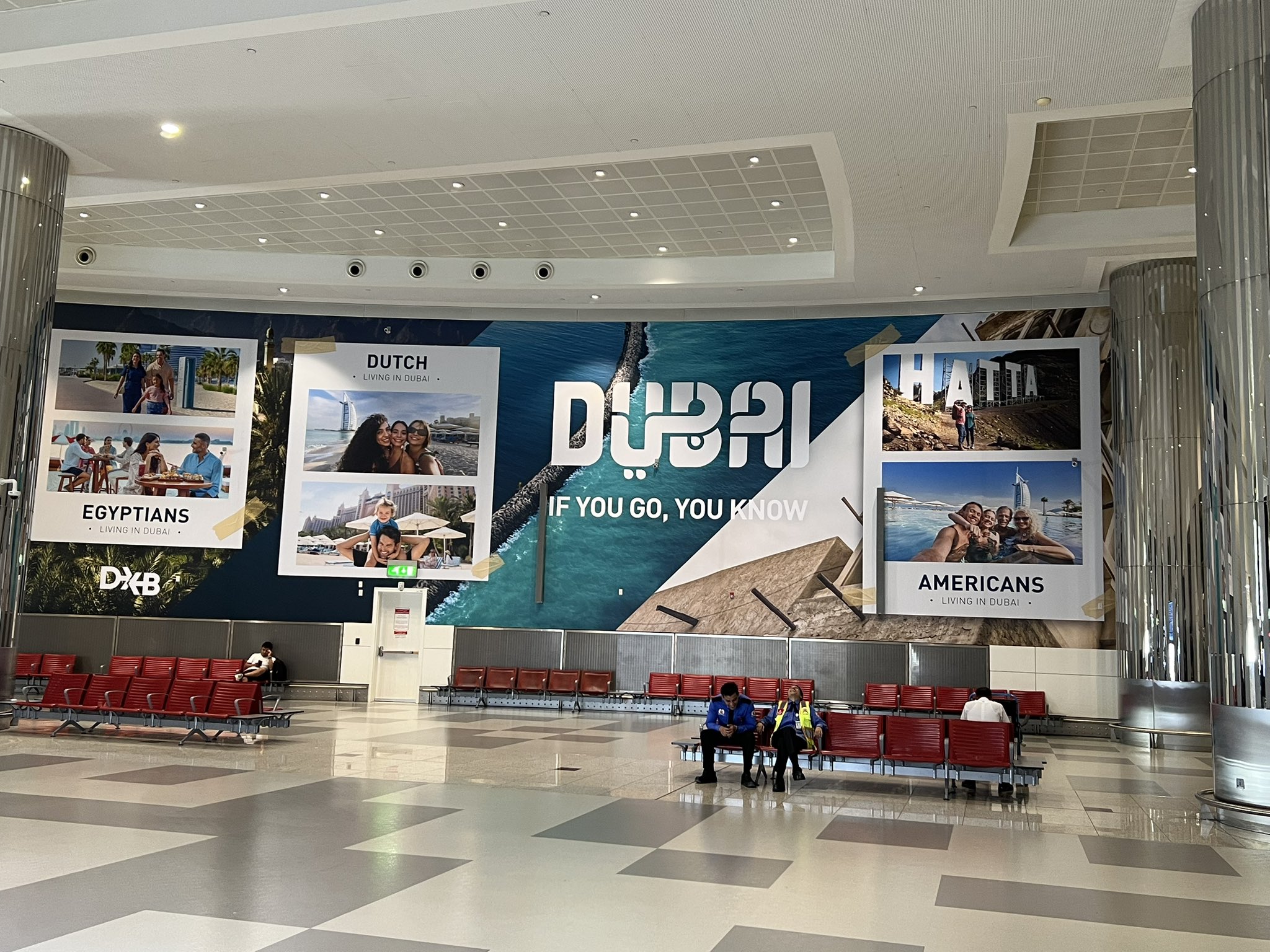
Just days earlier, the regional mood was far more somber. An attack on Qatar and subsequent airspace closures had left travelers stranded, with the UAE and neighboring countries experiencing significant flight disruptions. But as restrictions ease, optimism is returning.
Commercial flights have started to return to the skies above Israel and Iran, though many airlines continue to exercise caution, rerouting or delaying certain services. UAE carriers, including Emirates and flydubai, are gradually resuming operations. Emirates reported minimal operational impact, having transported 1.2 million passengers over the past two weeks, while flydubai is set to restart flights to Damascus from July 1.
Despite the turmoil, mass cancellations did not materialize. “We didn't have a lot of cancellations, and since people have understood that only if the airline cancels the flight would they get refunds,” Ahmed explained. Only about 2–5% of travelers canceled their trips, mostly those bound for Middle Eastern destinations. “Demand to that sector has dried up. However, South Asian and Southeast Asian destinations are picking up steam,” he added.
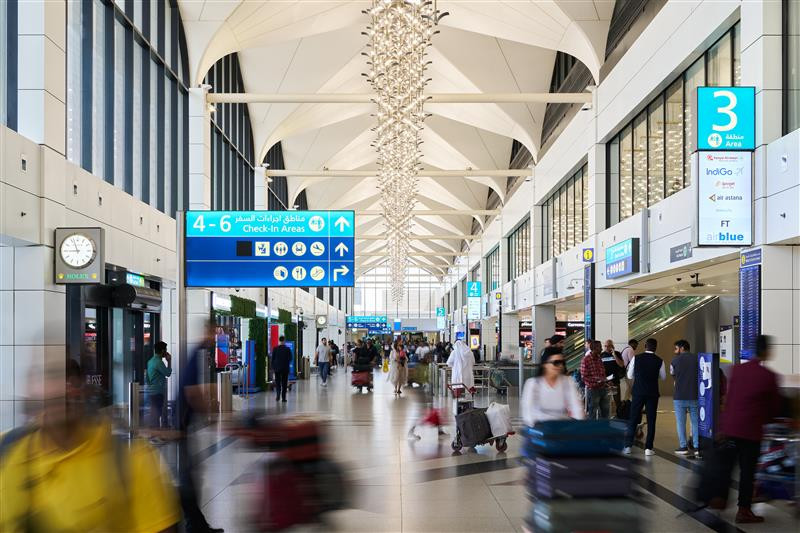
With some regional destinations still seen as risky, Dubai travelers are pivoting to safer, more accessible options. Countries like Vietnam, Maldives, and Sri Lanka are now in high demand, thanks to their unaffected flight paths. Meanwhile, interest in Egypt and Jordan has waned, reflecting ongoing apprehension about travel near conflict zones.
Visa-on-arrival destinations such as Georgia, Armenia, Azerbaijan, Indonesia, Malaysia, and Thailand—are also seeing a spike in popularity. Rashid Abbas, Managing Director of Arooha Travels, noted, “People are going ahead with their travel plans. There is no issue; after yesterday, people felt relieved, and now they’re planning their travels.”
While interest in European holidays remains strong, Schengen visa slot shortages are pushing many bookings to September or later. “People want to go to Europe; there was a lot of demand,” Ahmed said. “But you have to plan six months ahead. If they have plans for December, they will start thinking about it in September, but the slots are usually filled by then.”
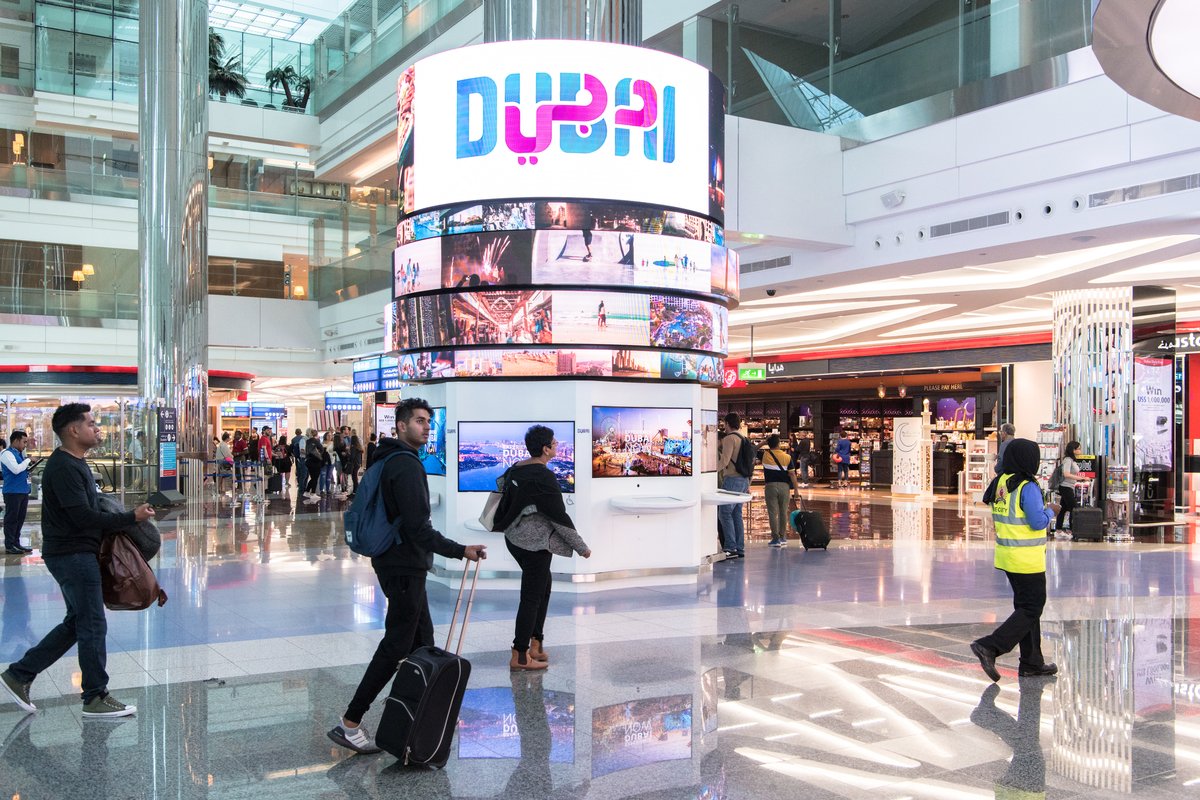
Sapna Aidasani, Head of Marketing and PR at Pluto Travels, confirmed that travel activity is rebounding, especially among the Indian diaspora returning home. However, she noted that some routes remain complicated, with airlines like Air India and Air Canada suspending certain services. “A group wanted to go to Uzbekistan, but the current constraints make it harder to fly on those routes.
People are flying to London, though some flights got cancelled. Far East destinations like Thailand, Bali, and Vietnam are popular,” she said.
As Dubai’s travel sector regains momentum, agents and travelers alike remain watchful. While the ceasefire has brought immediate relief, ongoing regional tensions and evolving airline policies mean that flexibility and vigilance are still the order of the day. For now, though, Dubai residents are seizing the opportunity to make the most of their summer albeit with one eye on the headlines.



.jpg)












.jpg)








.jpg)













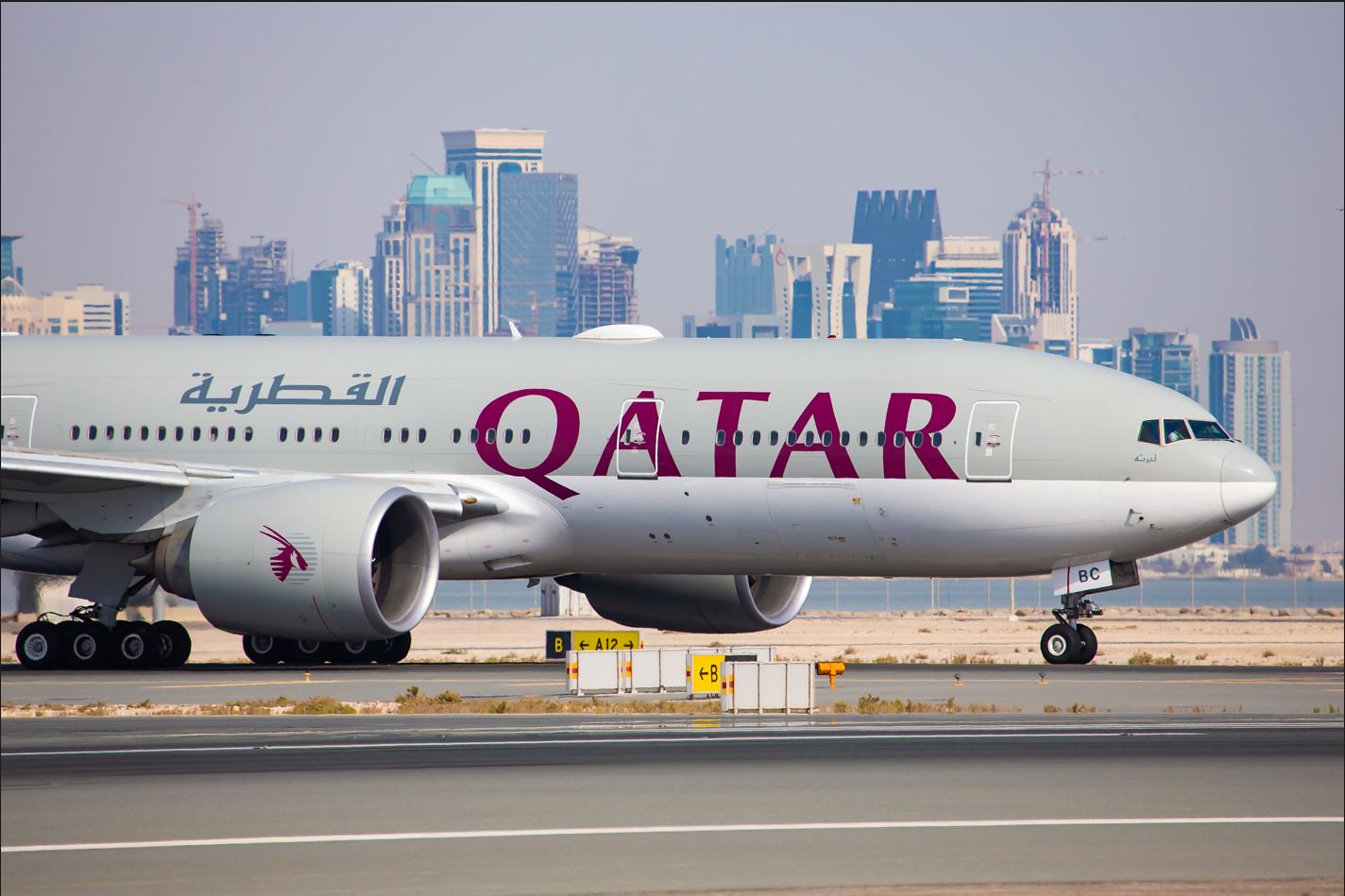
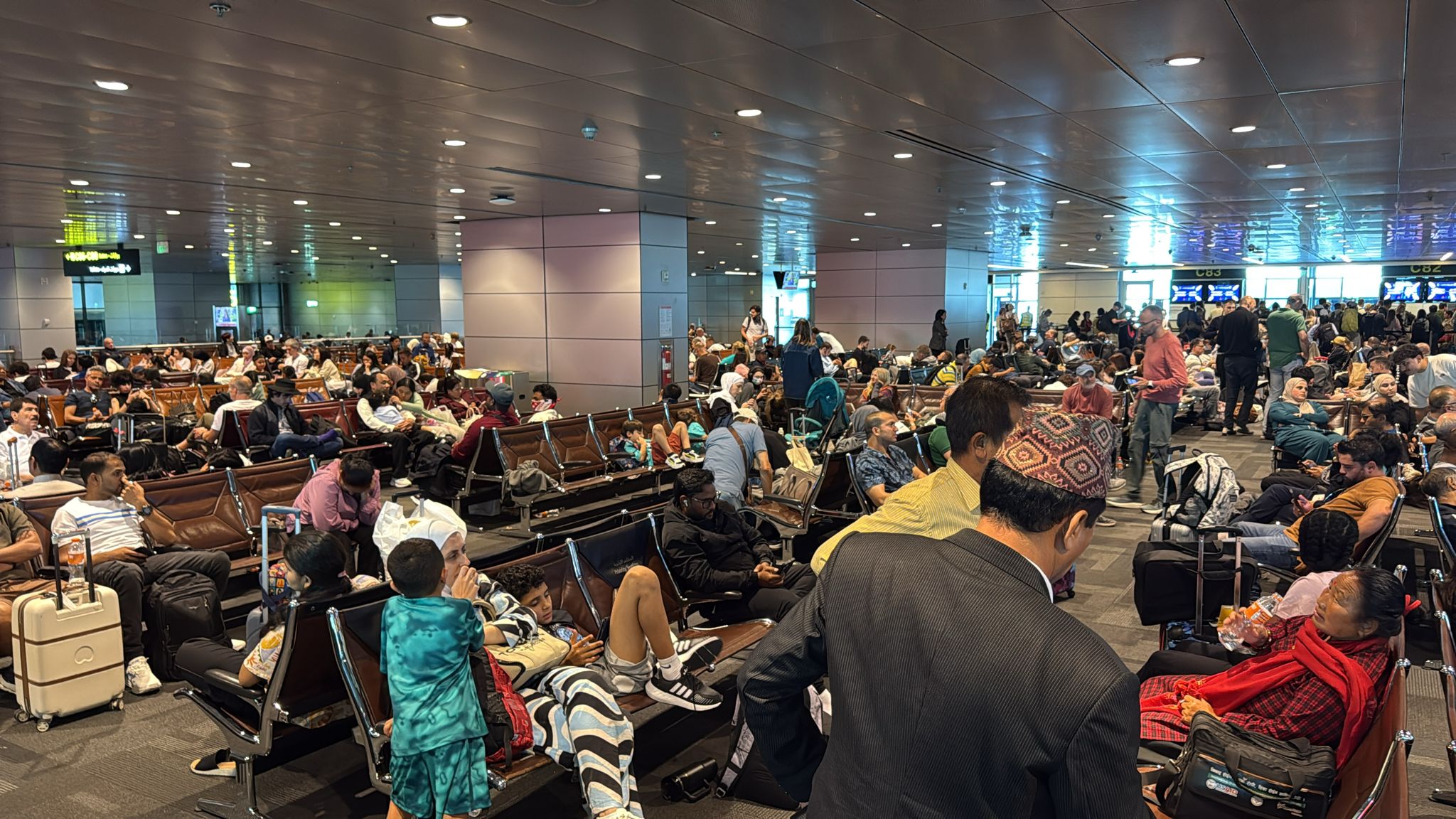
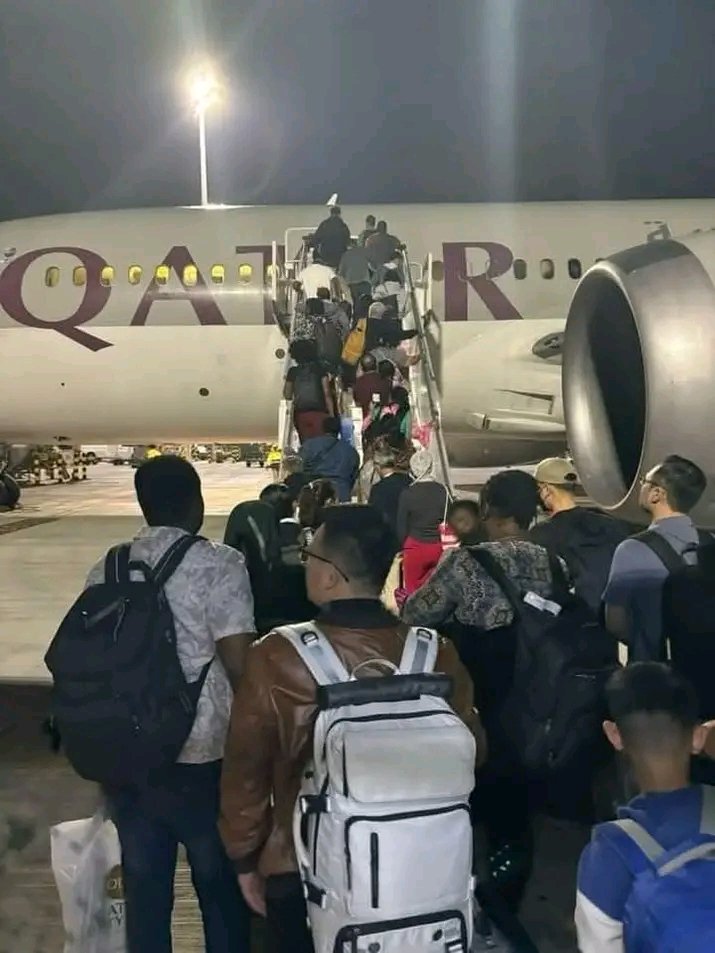




.jpg)











